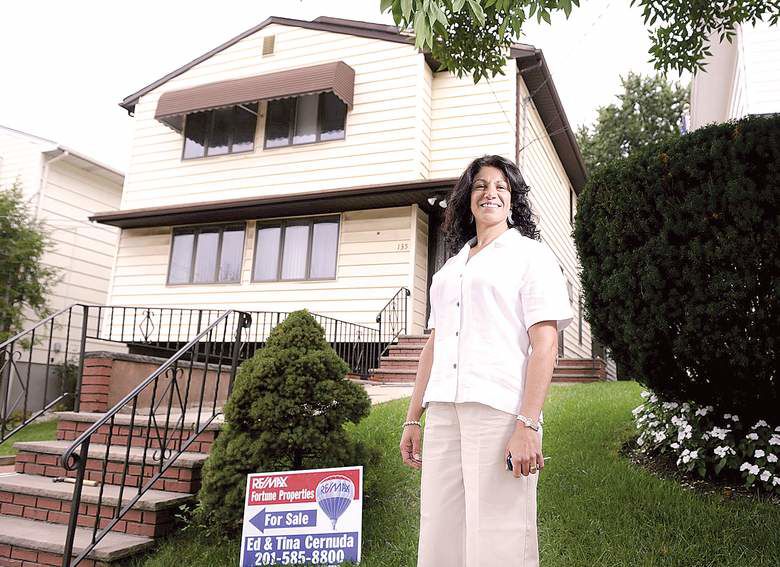Stalking the elusive foreclosure deal There are bargains out there – but lots of obstacles, too
Published 5:00 am Friday, October 2, 2009

- Realtor Tina Cernuda, who sells foreclosed homes like this one in Bogota, N.J., says buyers need to move fast: These banks are looking to close the property right away.
Joseph Licari and Danielle Block had a simple goal when they started house hunting.
We were looking for a bargain, said Licari, a 25-year-old civil engineer. And the bargains were in bank-owned and foreclosed homes.
They recently bought one of those properties, a Cape Cod on a leafy street in New Milford, N.J., for $257,000, about 15 percent below its market value, based on its assessment and the prices of similar properties nearby.
Like Licari and Block, many buyers who hope to get a steal, or at least a deal, look at homes being sold by lenders who took possession after a foreclosure.
But bargain hunters need to know that buying foreclosures also called REOs, for real estate owned by a lender can be different from buying other homes. The homes are frequently in bad shape, needing tens of thousands of dollars in renovations. Theyre most often found in urban areas, and are much less common in more desirable towns.
And banks arent very patient buyers must be ready to jump when they find the right property. Finally, while the price can be a real bargain, other times the discount isnt very large.
Realtors say theyve seen REO pricing all over the map. Often, discounts range from 5 percent to as much as 30 percent off market values. But occasionally the house will actually be overpriced.
Youd better know your pricing, said Jeff Adler, a RE/MAX agent in Mahwah, N.J. Just because its bank owned doesnt mean its going to be a great value.
Most bank-owned properties are not in great shape. At the very least, theyve likely been neglected by despairing homeowners who knew they were going to lose them. At worst, theyve been vandalized by frustrated homeowners who punch holes in walls and rip out kitchen cabinets and plumbing.
And theyre usually sold as is, said Tina Cernuda of RE/MAX Fortune in Englewood Cliffs, N.J., who has worked in the foreclosure market for about two decades. If an inspection turns up trouble, the banks generally dont want to hear about it. Thats the buyers problem. For that reason, Cernuda said, contractors or very handy homeowners might be the best buyers for REOs.
Block and Licari were braced for the worst after seeing a number of distressed properties.
You could tell the people stopped caring about their houses, Block said. They saw homes with filthy carpets, missing appliances, holes in the wall even one with a large hole in the foundation.
Licari said that when they got to the New Milford house, we expected a bank-owned house that had passed through foreclosure to be pretty bad.
But it wasnt at all, said Block, a 25-year-old kindergarten teacher.
The house had clean hardwood floors, walls painted a neutral off-white, and relatively new kitchen cabinets and counters. The bathroom, however, was an eyesore, with outdated pink tiles and a non-functioning toilet. Licari ripped out the walls, toilet, sink and tub, and is renovating the room with the help of his brother-in-law.
By doing much of the work themselves, Licari and Block hope to keep their renovation costs below $4,000. Because the bank sold the house as is, there were no price adjustments for the work that was needed.
Most bank-owned properties are listed by real estate agents and placed on the multiple listing service, which is how Licari and Block found theirs. Other buyers work with real estate agents specializing in bank-owned properties.
When these properties are priced well, buyers may find theres a lot of competition. Realtors say buyers have to be prepared.
These banks are looking to close the property right away, Cernuda said. If you have a strong preapproval from a direct lender, youre a better candidate.






